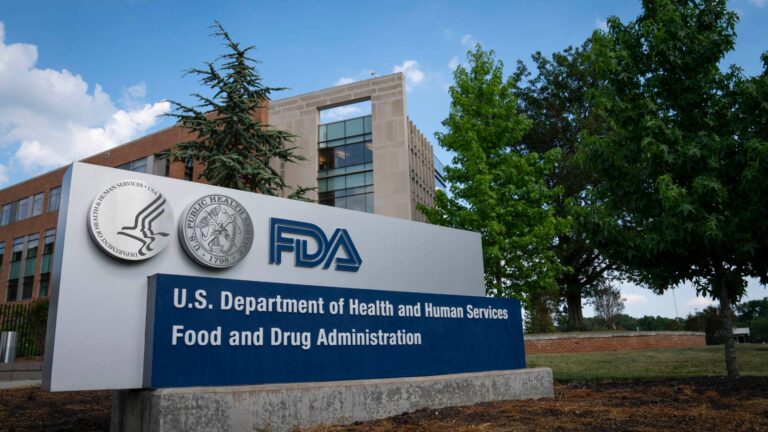March 8, 2021 – Pharmaceutical companies and other healthcare stakeholders who utilize programmatic advertising are unintentionally placing ads that promote COVID-19 vaccines, vaccine distribution and safe pandemic practices on websites that are spreading false health information, according to a recent report from Newsguard.
“Throughout the pandemic, many of the world’s largest and most trusted brands have been financially supporting misinformation about COVID-19, placing thousands of programmatic advertisements on websites that have published falsehoods and conspiracy theories about the pandemic, undermining public health efforts,” the Newsguard report states. During the past year, “4,315 brands ran more than 42,000 unique ads on websites flagged for publishing COVID-19 falsehoods” by Newsguard’s Coronavirus Misinformation Tracking Center.
Programmatic advertising, which employs algorithms to automatically make online ad buys, generally does not give companies influence over where their ads are placed. “It’s an issue that has haunted advertisers since the rise of programmatic,” an article in Ad Age states. “Marketers don’t often have power over where their programmatic ads are appearing online, due to third-party vendors,” the article notes, citing a Newsguard statistic that 67 percent of COVID misinformation sites had Google advertising tags and 30 percent had advertising tags from The Trade Desk.
Newsguard, a nonpartisan media monitor, flagged 405 sites for publishing COVID-19 misinformation, ranging from claims that COVID-19 vaccines will change the recipient’s DNA to conspiracy theories about the origins of the pandemic or false advice about unproven therapies. More than 80 percent of these sites had previously been flagged for publishing other types of health misinformation. Among the many companies whose advertising ran on these sites, according to Newsguard, are Pepsi, Starbucks, Comcast, Verizon, 3M, Wayfair, The Home Depot, Hilton, Mercedes-Benz, and Marriott.
Also among advertisers on these sites were pharmaceutical manufacturers Pfizer and Merck, health systems such as Northwell Health and the Mayo Clinic, insurers such as UnitedHealthcare, and pharmacy chains such as Rite Aid. The Centers for Disease Control and Prevention also ran ads on both foreign and domestic misinformation sites.
“The widespread dissemination of health information is a blight on our society; in particular, the false stories and conspiracy theories about COVID-19 hamper efforts by public health authorities and the pharmaceutical industry to bring this pandemic under control,” noted Jon Bigelow, executive director of the Coalition for Healthcare Communication. “This data is a wake-up call about a vexing challenge – how to harness the power of digital advertising without supporting the distribution of misinformation.”
In the healthcare space, the disparity between what advertisers promote and the sites on which their ads are being placed is significant; indeed, misinformation sites not only are in conflict with the ads’ messaging — the revenue from these ads helps to fund the sites themselves. Programmatic advertising “has become an extremely effective way to find an audience with great immediacy,” a recent Newsweek article contends, “but it also involves advertisers supporting content that they are usually unaware they are putting money against.”
Business Insider comments that “solutions aren’t simple because of the multiple actors involved in digital ad placement” and that the ad industry is divided over whether advertisers can take charge of where their ad dollars are going or whether the burden sits with the ad placement companies.
So, what can advertisers do? Newsguard promotes its ratings system – using software and trained journalists to identify false news – which can be licensed by advertisers to help them avoid misinformation sites. However, according to Newsweek, most companies “have taken no action to alter their media buying when it comes to this kind of advertising behavior.” Currently, “we have a long way to go in curing the disease of spreading false and misleading information in traditional media, big social media sites and the darkest corners of the web,” Newsweek states.




